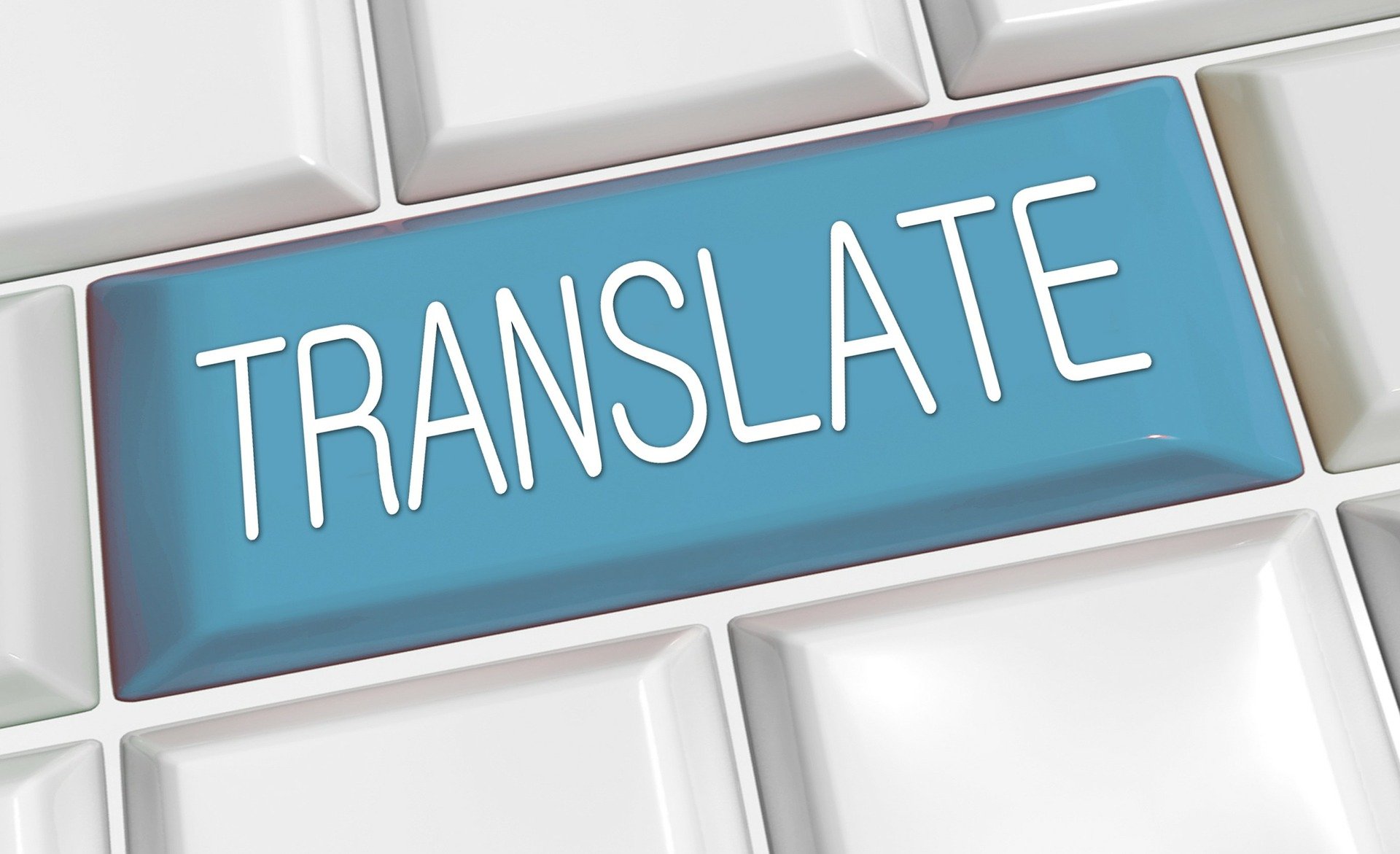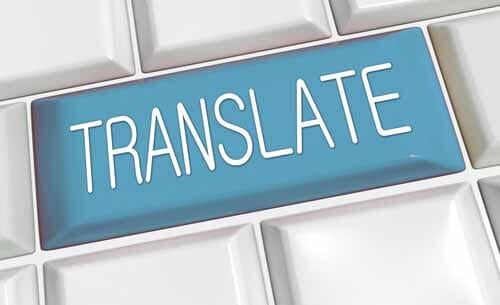Listen to Audio Version:
When planning your strategy to reach new markets with multilingual marketing, don’t forget your keywords. Keywords – whether you call them keywords, search phrases, search words, or search terms – are very important components of Search Engine Optimization (SEO). SEO improves the quality and quantity of traffic coming to your website by providing key information to search engines about your products/services. If you don’t use the right keywords, your target buyers may not find your website. When you translate your website to appeal to a target market, you have to translate your keywords as well, so the local search engines can find your website. You can learn more about translating your SEO data in our blog on global SEO.
 Translating keywords is not as simple as a word for word substitution from one language to another – there are other factors to consider. Here are seven suggestions to help you translate your keywords effectively, so the search engines in your target market can find and rank your website.
Translating keywords is not as simple as a word for word substitution from one language to another – there are other factors to consider. Here are seven suggestions to help you translate your keywords effectively, so the search engines in your target market can find and rank your website.
1. Research the Keywords in the Original Language
Thoroughly research the keywords you have selected in your original language. Before you think about translating them, you need to make sure that your keywords are going to reach the people that are looking for you. If they’re not effective in your original language, they will not be effective in your new market either.
2. Understand the Location of Your Target Consumer
It is important to make sure that you and your translator understand what market you are targeting for expansion. Why? There can be big differences in the way the same language is spoken in different parts of the world. You need to make sure that you identify the target location as well as the target language.
We once had a client bring us a French translation provided by a different translator. It wasn’t getting them good website traffic in their new market, so they asked us to review it to see why this was the case. It turns out that while the target market was France, the translation was in Haitian French, so there was a disconnect with the phrasing, terminology, keywords, and dialect. When you translate your website, make sure that the translator you hire knows the target location and is experienced in the correct dialect of your target language, so your keywords will connect with the local audience.
3. Consider Alternative Keywords
A good translator is going to give you some different options for your keywords. You can also ask your translator if there are other phrases or search terms that might make more sense for the target market. Take their suggestions and do some research to determine how to prioritize them. There may not be an exact translation from English to the target language for some of your terminology, so be flexible and play around with the options to see what is the best fit.
4. Do the Research, Again
You’ve done the research in your native language and come up with relevant keywords. You’ve had them translated into the target language and asked for alternative keywords. Now take the time to research the translated keywords.
Don’t just assume that the suggested and translated keywords will work. Conduct the same type of research you did in your native language for the target language. While it may seem like a duplicate effort, it is a necessary step to make sure that you are using the most effective keywords for the new market.
5. Check Out the Competitors
It’s always a good idea to check out the competition and see what is working for them, and what is not. They may be using keywords you haven’t considered, and you might find some new ideas to attract traffic to your website.

6. Measure, Measure, Measure
If you’re not tracking the performance of your pages, start. If you’re measuring performance in your native language, remember to also measure in your translated language, because that’s going to give you valuable information about what is and is not working.
Here are some tips to help you avoid some common global SEO mistakes.
7. Be Open to New Markets
In your research, you may discover that your company is ranking high in searches in markets you had not considered. We call that being an “accidental exporter.” Those search results may ultimately lead you to new markets with high demand for your goods/services. Translating your website and keywords for that market’s language may increase sales and revenue.
View our webinar Sell Globally Through Your Website to learn more about being an “accidental exporter” and what to focus on when entering new markets this way.
Rapport International specializes in multilingual communications, providing language translation and interpretation services that are accurate and culturally appropriate. We use the right voice and the correct terminology to avoid liability, customize services to your needs, and deliver on time and within your budget. With our 100% satisfaction guarantee, you can trust that it’s done right. Contact us today if you would like more information or to get a free quote.
Rapport International specializes in multilingual communications, providing language translation and interpretation services that are accurate and culturally appropriate. We use the right voice and the correct terminology to avoid liability, customize services to your needs, and deliver on time and within your budget. With our 100% satisfaction guarantee, you can trust that it’s done right. Contact us today if you would like more information or to get a free quote.
Popular Posts
Popular industry news, interviews, technologies, and resources.

















